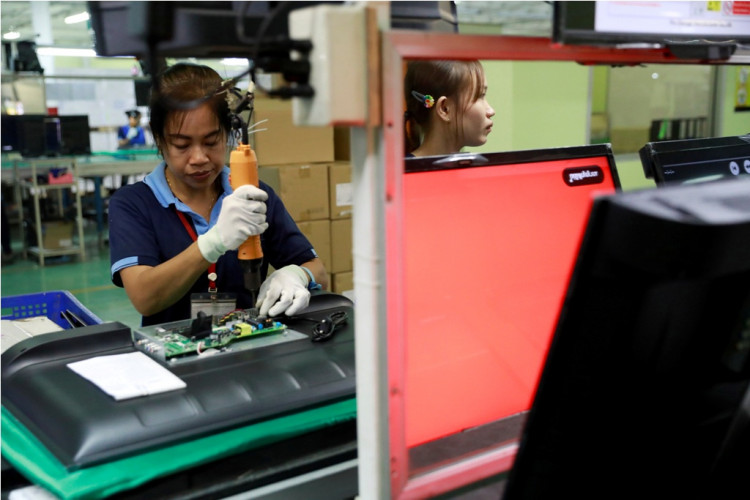Expats in Thailand have started expressing disappointment over the stricter implementation of the TM30 form as well as increasing fines with the Immigration. Some foreign workers said their landlords are the ones failing to comply.
In an interview with BBC News, U.S. English teacher Zareeka Gardner revealed that the TM30 regulation makes her "feel as if I'm not welcome" as an expat to Thailand - a country that was once known to attract Western talents.
The TM30 form requires expats and foreigners to inform their landlords about their whereabouts. Landlords, for their part, should inform Immigration if their foreign tenants will not be at home for up to 48 hours.
However, the stricter implementation of Thailand's Immigration Act is triggering criticism both far and wide. Gardner noted that he has been fined around 12,400 baht over the past four months or so. A large portion of the fines she had to pay was driven by her landlord's failure to notify Immigration of where she was.
The highly contested TM30 form should be submitted by a landlord to Immigration within 24 hours. The landlord or building owner will be fined if he fails to comply. However, he refuses to pay the fine, the expat will not receive approval for a visa renewal.
Local media, expats, and friends or loved ones of foreign workers have expressed angst and confusion over the TM30's implementation.
Tenants are being forced to pay fines that their landlords refuse to take responsibility for, while most expats believe the TM30 form is too much of a hassle, especially for those whose careers require them to travel from town to town.
CEO of Isaan Lawyers in the Nakhon Ratchasima region, Sebastian Brousseau, said some of his clients who live in Thailand, have decided to jet off since "they feel unwelcome." Brousseau's comments echo earlier sentiments from analysts who urged the government to reconsider the TM30 regulation.
The Thai government has insisted that the stricter implementation of expat regulations are all for national security. The government said it continues to be haunted by the Bangkok terrorist attack in 2015 that gripped the whole nation.
However, there are loopholes that expats believe are contradicting the government's claims about the TM30 being an aspect of national security. They questioned why some rogue property owners are being forced to declare annual earnings.
The Bangkok Post reported earlier this month that confusion over the regulation has triggered debates among foreign workers who raised concerns about the consistency of the TM30.
Officials of the Immigration Bureau said at that time that they cannot promise a sure timeline regarding potential easing up on some of the requirements that were added to the regulation.






